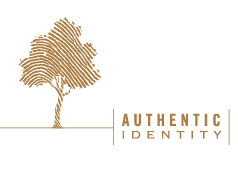By Tony Tiernan
Business leaders commonly declare that they need their people to “bring all of themselves to work”. Why then does the language of business seem designed to drain all humanity from the enterprise?
Business is a human undertaking, with all the messiness and magic that entails. It’s an ever-unfolding story that we live out through the organizations we work in. As people we need to know that we are heroes in that story. It matters how the story is told, to us and by us.
We are not “human capital”, we are people. We’re unlikely to be “aligned” or “bought-in” or “franchised to the corporate vision”, but we can be inspired and we do enjoy collaborating creatively to make something that matters, if the organization will just get out of its own way.
Words can reinforce our humanity. The right ones can make our hearts swell, our spirits rise, our determination grow and our courage surge. They can give us pride in our work and our colleagues, inspire us to make things better, and move us all to action. They can help us find meaning, which in turn enables us to give ourselves generously.
But words can also diminish our humanity. The wrong words can reduce us, make us fearful and insignificant, resentful and afraid to change. They can render us isolated, disengaged, and defensive, hiding behind cynicism and unhappy with who we have become. They can erode our ability to see the meaning in the work that we do, and shut down our will to contribute.
What do people hear when your organization speaks? Is it the euphemistic, reductive, mechanical language of the old business machine, warning them subtly that it’s not safe to make themselves vulnerable? Or is it the open, direct language of humanity inviting them to expand their possibilities and their impact?
Words matter. How does your organization tell its story?


